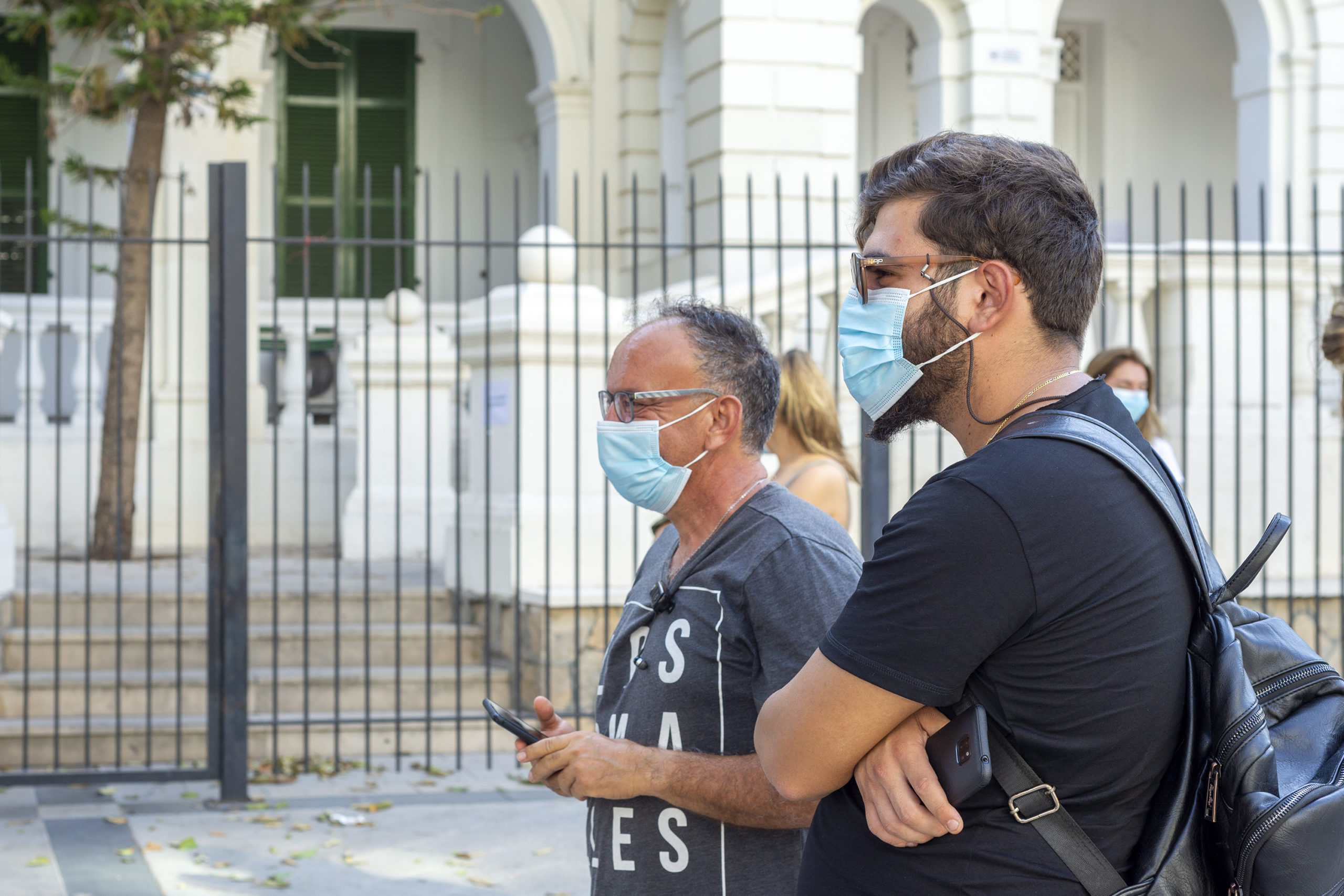Cypriots must carry a Safe Pass to go about their daily lives to shop, dine or work, announced Health Minister Michalis Hadjipantelas on Friday.
Announcing measures to stem a tide of infections driven by the Delta variant of coronavirus, Hadjipantelas said Cypriots will need a Safe Pass to go “anywhere but the beach and pharmacy”.
“A Safe Pass will be required at all locations outdoors or indoors where more than 20 people can congregate from July 20 until 31 July,” said Hadjipantelas.
The requirement also applies to banks, public transport, and government buildings.
To access hospitality, shops or other venues, people must carry proof of being vaccinated or recovered from the virus in the past six months or have a 72-hour negative coronavirus test.
The Health Ministry said a Safe Pass is not needed for venues such as bakeries where the number of people allowed at any given time is less than 20.
Furthermore, customers at hospitality venues must be seated at all times, a maximum of ten to a table, while dancing is banned.
Children’s camping sites will also be affected as they must close by 23 July.
Hadjipantelas said that venues choosing to accept only vaccinated clientele or those infected in the past six months would be allowed to host 450 customers up from the 350 ceiling, while dancing will also be allowed.
Care homes are also affected, as visits without a Safe Pass will be prohibited.
The Ministry said people could use their European Digital Covid Certificate as a safe pass.
Broadening the requirement for the Safe Pass is to pressure unvaccinated people to get a COVID-19 jab, raising the herd immunity wall against new variants.
Measures will be accompanied by incentives for younger people to get a jab, including coupons for tech gadgets, air tickets to the Greek islands, football season tickets from top-flight clubs.
President Nicos Anastasiades earlier announced the carrot and stick approach in an address to the nation, where he urged Cypriots to get vaccinated against COVID-19 to protect public health and the economy.
Anastasiades said the government’s intention was never to divide the population between the vaccinated and the unvaccinated, but it was duty-bound to protect the lives of everyone.
Cyprus’ healthcare system is under pressure, as in the week 8-15 July, 6,853 new cases were reported, with the number of patients in COVID wards reaching 181.
On Thursday, health authorities instructed all hospitals to postpone routine operations, while private hospitals were told to keep 30% of their beds free to accommodate COVID patients.










